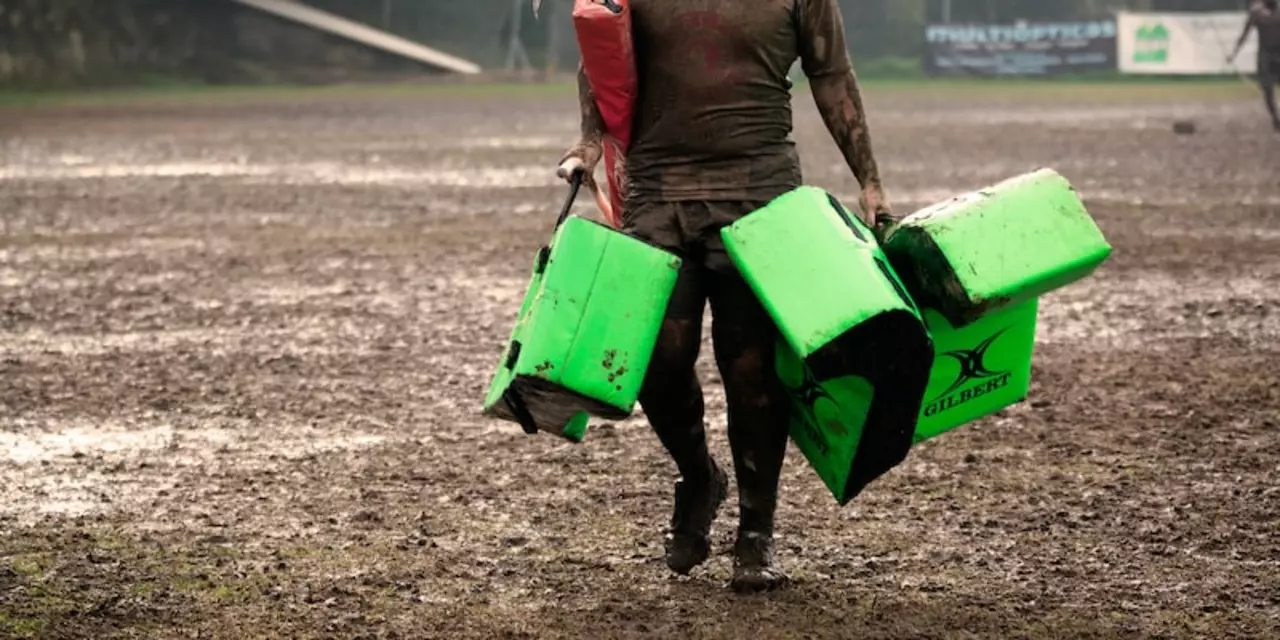Are you interested in taking up refereeing to help support your local rugby team or to become a professional? Becoming a rugby referee is a great way to get involved in the sport and to support the growth of the game. But how do you become a rugby referee?
The first step to becoming a rugby referee is to join your local rugby union. This will give you access to the resources and training opportunities available to referees. Once you have joined, you should attend a refereeing course. These courses will teach you the laws of the game, as well as the basics of refereeing.
Once you have completed the course, you will need to register with your local rugby union. You will then be eligible to referee matches, and you will be assigned an appropriate level of refereeing. You will also be required to attend periodic training sessions to keep up to date with the rules and regulations.
As you gain experience and confidence, you can work your way up the refereeing levels and eventually become a professional referee. There are a number of organizations that provide support and training for aspiring referees, as well as international and national rugby unions.
By following these steps, you can become a rugby referee and help support your local team and the game of rugby. Good luck!
Becoming a rugby referee requires a certain set of qualifications. To start, you need to be at least 18 years old and have a good knowledge of the game. It is also important to have a good understanding of the laws of the game, as they are constantly changing and evolving. The International Rugby Board (IRB) requires that all referees have a Level 1 Rugby Referee qualification. This is a basic course that covers the basics of the game, the laws and the rules of refereeing. Additionally, it is important for referees to have good physical fitness and stamina. Referees need to be able to keep up with the play and make quick decisions. They should also have good communication skills, as they need to be able to explain decisions and rulings to coaches and players.
Refereeing a rugby match is an incredibly rewarding and challenging experience. To become a rugby referee, there are certain essential skills and knowledge that you must have in order to be successful. Here are some of the key skills and knowledge needed to referee a rugby match.
Physical Fitness
Being a rugby referee requires a high level of physical fitness. Referees need to be able to keep up with the pace of the game and be able to react quickly to any situation that arises. Referees need to be able to run the length of the field and be able to quickly assess and respond to the physicality of the game.
Knowledge of the Laws of the Game
Rugby is a complex game with a set of laws that must be adhered to. In order to referee a game effectively, it is essential that you have an in-depth knowledge of the laws of the game and how to interpret them. Referees need to be able to make split-second decisions based on the laws of the game, so a thorough understanding of the rules is essential.
Communication and Interpersonal Skills
Referees must be able to communicate effectively with players, coaches and other officials in order to keep the game flowing. Referees must also be able to handle difficult situations and be able to manage the emotions of those involved in the game. Referees should have good interpersonal skills in order to be able to effectively control a game.
Leadership
Being a rugby referee requires strong leadership skills. Referees must be able to take control of a game and ensure that it is played in a fair and safe manner. Referees must also be able to handle difficult situations and be able to make decisions quickly and effectively.
Becoming a rugby referee is a great way to get involved in the sport. It is an incredibly rewarding and challenging experience, and with the right skills and knowledge, you can become a successful referee.


